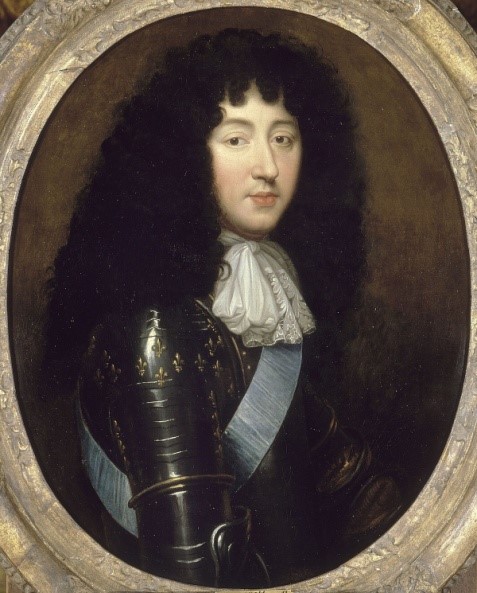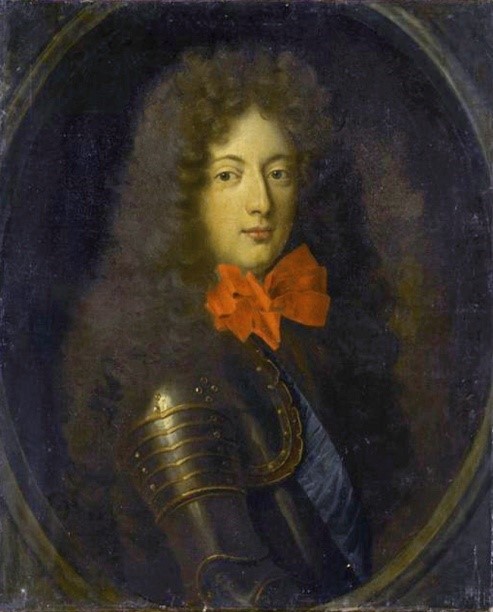
|
|
|
|
|
|
|
|
||||||||
Libertine morality
The Libertine current developed as a real philosophical thought during the seventeenth century, complete with thinkers and academic works. It is a minority cultural trend, in contrast with the prevailing Cartesian rationalism, and opposed by the power for its libertarian charge. From the moral point of view, libertine philosophers are epicurean and consider morals independent of religion. In practice, this will be the aspect that will characterize them most and that linguistically will survive in the current meaning of the word "libertine", equivalent to "person of dissolute habits". In the following century Libertinism will be the prevailing morality.
At the court of the Sun King, behind a barely respectable facade, the custom is largely libertine. Starting from the King, who houses his favourites in Versailles, by whom he will have numerous offspring, later legitimized, the courtiers, gentlemen and dames, have a multitude of adulterous love affairs, by which nobody is outraged. Only when the lovers are caught red-handed, the husband’s response is a must, but only out of respect for the conventions.
Lovers and husbands
Philippe himself, in the scene of the convent, which will result in their second embrace, asks her if she does not receive enough “attentions” from her lovers so to demand those of a husband. And always of "lovers", Philippe will speak until their last intercourse, the one in his bedroom, and, even if Philippe's words have other probable interpretations and implications, yet it remains the common reference to the habit of having extramarital affairs. And also Angélique, in the contract scene, tells Molines that if her husband wants to go to bed with the servant girls, it will be his business: "Why should I care whether he loves me or not?"; “He can despise me and go to bed with farm wenches if he wants to. I won't run after him! " The key episode, the real turning point of the story, will be precisely the love scene "on the rug, in broad daylight, with her husband". "It is the height of depravity", Madame de Montespan will say, "it could be forgiven only with a lover". It is this passionate love between a married couple that will not be tolerated at court and that will be mercilessly broken. With a husband no, with a lover yes, everyone is willing to turn a blind eye (see the episode of the adultery with Péguilin de Lauzun). If fidelity is not a requirement for married ladies, morality simply does not exist for court damsels. If they come from the province, such as La Vallière or Montespan or Marie-Agnès, Angélique’s sister, they soon adapt to the new mentality and to libertine habits: damsels are considered a hunting reserve for the courtiers. If they have even grown up in the Court, like Mademoiselle de Brienne, they consider "gambling, drinking and lovemaking" as "harmless pastimes like embroidery and lace-making for middle-class girls". The result is that at the royal table, by the sides of the Sun King, Angélique sees "an assembly of downright sluts with a past heavy with libertinage ." But for men it goes much further. |
Monsieur’s gangPhilippe is part, as it is said repeatedly, of the notorious "Monsieur’s gang", "and everyone knows what that means," Angélique says to her husband, blushing, referring to the Duke of Vivonne, who would like her son Cantor as a page. Subsequently, the protagonist will define Saint-Cloud, Monsieur's residence, "that den" and say that "nobody ignores the depraved tastes of that prince and of those around him". The King, more indulgent with his brother, will use the euphemism "that rather flippant assembly". In fact, Monsieur was used to "choosing his lovers" from among the pages and Florimond’s tutor tells Angélique that Monsieur speaks to his friends about young boys in the same way as a group of lovers speaks of the girls.
Monsieur and his all-powerful favourite devote themselves to vice in all its forms, not drawing back from crime, thanks to impunity. In 1670 Henriette of England, "Madame", will suddenly die of suspected poisoning by her husband and by his favourite. Monsieur surrounds himself with the most handsome and most prominent young men in the court: the names listed by Desgrez to Angélique after the chilling episode of the "The Red Mask" are the biggest and the brightest of the nobility of France: "Monsieur’s gang" is made up of the jeunesse dorée of the Court. Their morals are depraved, both for promiscuous sexual adventures, and for a gambling and drinking habit. All of them are supposed to have had "many and varied" experiences. But that's the least of it.
As for Philippe, he takes active part when it comes to raping Angélique (it's his specialty), who, however, will be saved by Desgrez's dog (Angélique will go so far as to regret the contact with Philippe's hands and the scratches of his rings on her thighs). "The very handsome and very dissolute Marquis du Plessis-Bellière" is therefore a "perverted libertine", "soiled “by so much mud", at the time of his first meeting as an adult with his cousin. « Back to the Philippe du Plessis-Bellière: Part I |


